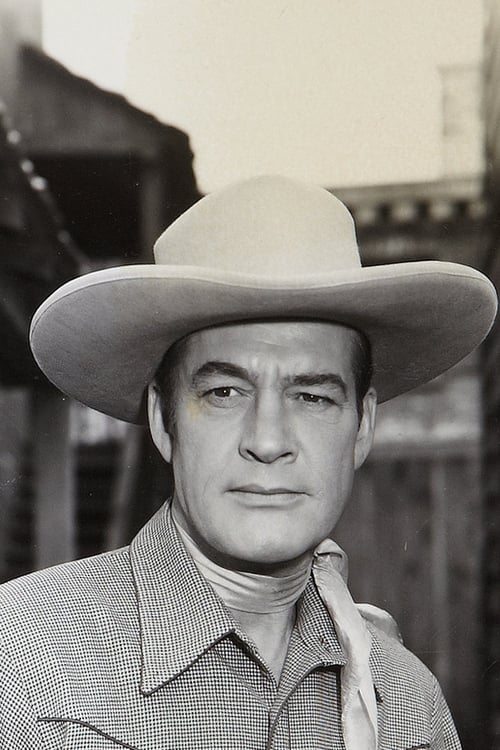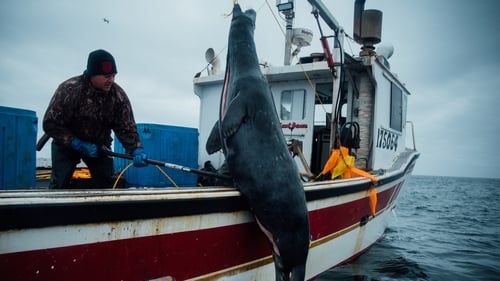The Viking (1931)
Actually produced during the Great Newfoundland Seal Hunt and You see the REAL thing
장르 : 액션, 드라마, 로맨스, 모험
상영시간 : 1시간 10분
연출 : Varick Frissell, George Melford
시놉시스
Originally called White Thunder, American producer Varick Frissell's 1931 film was inspired by his love for the Canadian Arctic Circle. Set in a beautifully black-and-white filmed Newfoundland, it is the story of a rivalry between two seal hunters that plays out on the ice floes during a hunt. Unsatisfied with the first cut, Frissell arranged for the crew to accompany an actual Newfoundland seal hunt on The SS Viking, on which an explosion of dynamite (carried regularly at the time on Arctic ships to combat ice jams) killed many members of the crew, including Frissell. The film was renamed in honor of the dead.

Maura Mackenzie believes the world is hers to conquer. With her career as a concert pianist gaining momentum, it seems her beauty and talent will be strong enough to mask the demons that threaten to engulf her. But with an absent husband and two young daughters at home, her precarious sanity begins to unravel until one summer day, burning with manic energy, she makes a terrible mistake — a mistake that will change her life forever. The consequences for Maura are catastrophic: her ambitious husband runs for his life, taking the children with him, leaving Maura to lapse into a full-scale breakdown. Life as she knew it is now over. With the help of her father, Ian, Maura works to reclaim her life and waits for a miracle to bring her daughters home. But when the fates align, can the past be forgiven?

A seal witnesses its home change as it tries to adapt to a new reality.

Short doc/essay film exploring Newfoundland's relationship to film before and after confederation.

In rocky Newfoundland, renowned French artist Jean Claude Roy gathers his paints and sets off to face the day. Whether it be freezing snow, violent wind, or pouring rain, he commits vibrant colors to canvas and conquers the day by weaving crooked beauty out of difficulties.

The Pullars are the last family using traditional methods to fish for wild Atlantic salmon off the coast of Scotland. When these include killing seals, the salmon’s natural predators, conflict erupts. Animal activist groups Sea Shepherd and Hunt Saboteurs oppose the Pullars at every turn, despite the legality of the fishermen’s actions and the consequences to their livelihood. Challenging preconceptions, this ambiguous doc puts modern environmentalism under the microscope.

This documentary chronicles the relocation of an entire town in Newfoundland, Canada.

According to Scottish mythology Selkies are mythological beings capable of changing from seal to human form by shedding their skin. This film follows the story of such a creature who chooses the sea over her land dwelling sweetheart.

For generations, the sound of traditional Inuit drum dancing fell silent in Labrador due to colonization. In the early 21st century, the beat of the drum returned, and with it a renewed sense of pride in Inuit culture. Evan’s Drum tells the story of seven-year-old Evan Winters of Happy Valley-Goose Bay as he learns from his mother, Amy, how to drum dance. Amy hopes that her son will continue this newly reclaimed tradition and help to pass it on to future generations of Inuit. Labrador Inuk filmmaker Ossie Michelin brings us into the home of the Winters-Allen family for an intimate look as the revitalized tradition of drum dancing is once more passed down through the generations. Evan’s Drum provides a window into modern Inuit family life through the story of Evan and his family, who work alongside their community to keep the drumbeat alive.

In 1938 an airfield was built at the northeastern-most end of America, the descent went slowly but incessantly through the Cold War. This is the story of how its inhabitants gradually moved away from the great world stage and had to reinvent themselves as well as their home town.

Shot during three seasons, Kenuajuak's documentary tenderly portrays village life and the elements that forge the character of his people: their history, the great open spaces and their unflagging humour. Though Kenuajuak appreciates the amenities of southern civilization that have made their way north, he remains attached to the traditional way of life and the land: its vast tundra, the sea teeming with Arctic char, the sky full of Canada geese. My Village in Nunavik is an unsentimental film by a young Inuk who is open to the outside world but clearly loves his village. With subtitles.
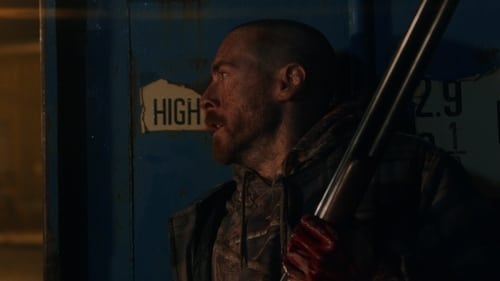
A whisper among the sprawling forests and mill towns of central Newfoundland. A body found on the side of a river brings together a reclusive fur trapper and a heartsick mother-to-be. Scott is lonely and desperate to give himself meaning. Mona is strong-willed, but frustrated by her fragility. As a reluctant dependence blossoms the pair find themselves wading into violence, answering for the debts of a dead man. Stalked by outlaws, they plan an exit.

In the frigid waters off of Russia’s Bering Strait, Inuit and Chukchi hunters today still seek out the giant sea mammals that have provided their people with food since time immemorial. It is known, that the whale hunting today is controversial and subject to international criticism and regulations. But the Inuit and Chukchi hunt is permitted by international law because of the whaling is the foundation of their culture and their life.
The contemporary story of elders Aleksandr and Aleksei blends seamlessly with that of “the woman who gave birth to a whale” and other ancient myths, told here in vivid animation, in this ongoing struggle for survival and preservation of a traditional lifestyle in one of the most remote places on earth.
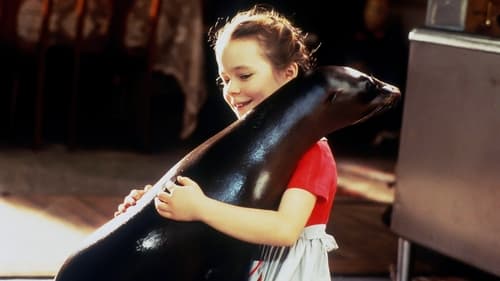
The true story of how a marine seal named Andre befriended a little girl and her family, circa 1962.
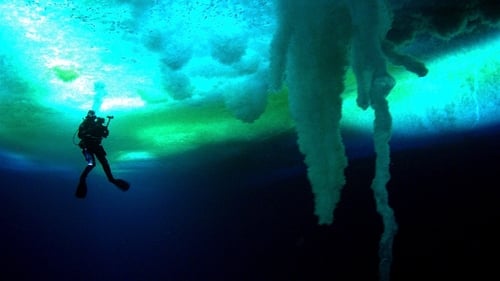
지구의 최남단, 그곳에 숨겨진 공동체가 있다. 믿을 수 없을 만큼 폐쇄적인 남극의 한 지역에 천여 명의 남녀가 첨단 과학을 위해 자신들의 안정적 삶에 대한 욕구를 희생한 채 살아가고 있다. 헤어조그 감독은 촬영감독과 함께 외부인으로서는 최초로 이곳에 들어가, 문명이 침투하지 않은 지구 반대편 땅이 보여주는 천연의 아름다움과 인류의 모습을 담아냈다. 독일이 낳은 거장, 뉴저먼 시네마를 대표하는 베르너 헤어조그의 신작 는 지구의 맨 끝 남극에 자리 잡은 맥머도 기지를 배경으로 하고 있다. 배관공에서 생물학자에 이르기까지 1,000여 명의 다양한 사람들이 살고 있는, 자연과 사람이 만나는 지점인 이곳에서 베르너 헤어조그는 미래에 대해 비관적지도 낙관적이지도 않은 접근을 하면서도 다층적 스토리로 독특한 영상을 실타래 엮어내듯 필름에 담아낸다. 마치 우주 한가운데를 유영하는 듯 새 차원의 느낌을 주는 신비로운 얼음 밑 세상, 컴퓨터로 만들어 낸 듯한 바다표범의 울림과 모든 것을 삼키려는 듯 아귀를 크게 벌리고 맨살을 드러내고 있는 거대한 규모의 남극 활화산, 현기증 이는 깎아지른 수천 피트의 빙벽 등 지구 태초의 모습은 그 영상만으로도 흥분하기에 충분하지만 베르너 헤어조그가 자신의 목소리로 직접 인도하는 스토리 라인은 그 감흥을 더하기에 모자람이 없다. 영상과 어우러지는 아름다운 현악과 성가 또한 감상 포인트. 아시아 최초로 베르너 헤어조그의 신작 가 관객과의 조우를 기다린다. (EIDF 정재응)
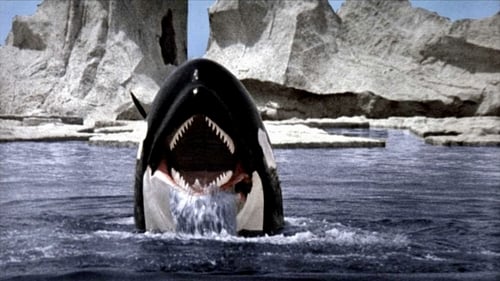
새끼를 밴 어미가 인간에게 잡혀 죽자 돌고래가 복수를 시작한다. 배를 부수고 사람을 해치는 등 돌고래의 횡포가 게속되자 어부들은 돌고래를 죽일 계획을 진행한다.
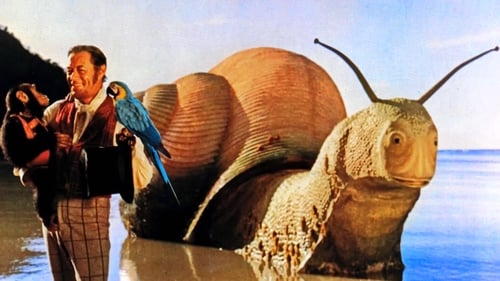
A veterinarian who can communicate with animals travels abroad to search for a giant sea snail.
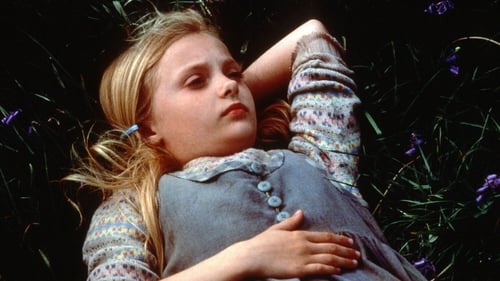
아일랜드의 아름다운 물개의 섬, 론 이니쉬에서 살고 있던 커넬리 가족이 섬을 버리고 도시로 이사를 한다. 그날, 갓 태어난 막내 아들 제이미가 요람에 탄 채 바다로 떠내려간다. 몇 해가 흘러, 시골의 할머니, 할아버지 곁으로 돌아온 제이미의 누나 피오나는 물개에 대한 전설을 듣는다. 옛날 그 섬에는 반은 물개, 반은 여자인 셀키가 살고 있었다. 셀키는 가끔 일광욕을 하기 위해 물개의 가죽을 벗고 여자로 돌아오는데, 그 가죽을 감추면 아름다운 셀키와 결혼을 할 수 있다. 피오나의 옛 조상 중 리암이라는 청년이 어느 날, 전설 속의 셀키를 발견하곤 그녀의 물개 가죽을 숨긴다. 물개 여인 눌라와 리암은 여러 명의 아이들을 낳고 행복하게 살아간다. 눌라는 바다를 잊지 못해 슬픈 눈으로 바닷가에 오래도록 앉아 있고는 했다. 어느 날 눌라의 딸이, 리암이 지붕 위에 숨겨둔 물개 가죽을 발견한다. 물개 가죽을 되찾은 셀키는 물개로 되돌아가 멀리 바다에서 아이들을 바라보며 사는데...
전설을 듣고 난 피오나는, 가족들이 섬을 버리고 떠나자 화가 난 물개들이 제이미를 데려간 것이라고 믿게 된다. 혼자 론이니쉬 섬을 들러본 피오나는 버려진 옛집에서 누군가 지낸 흔적을 발견한다. 하지만 아무도 그녀의 말을 믿지 않는다. 또 다시 몰래 론이니쉬 섬을 탐험하던 피오나는 마침내 어느 날 물개들과 놀고 있는 제이미를 발견한다. 폭풍이 몹시 불던 날, 피오나는 할머니에게 제이미의 얘기를 털어놓는다. 할머니는 즉시 할아버지와 피오나를 데리고 론이니쉬 섬으로 간다. 그러나 추위에 떨며 바닷가에 있던 제이미는 그들을 보자 바다로 도망치려 하는데...

When Maxwell goes on a canoe trip with his grandpa, they appreciate the wonders of the world around them and reflect on their differences and similarities.

Based on the tale by Dale Jarvis, "Lady at Number 16" tells the story of two sailors in the 1800s that help a young lady back into her mansion. They return a few hours later to realize that their night was not all that it had seemed, and it may have had a more sinister twist than expected.

